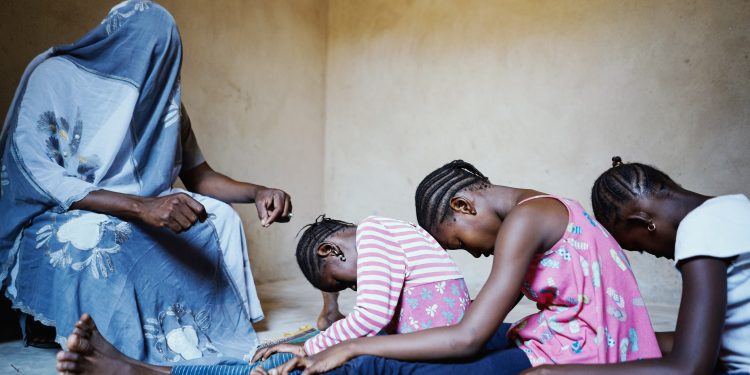Cameroon’s Far North Region has the most prevailing cases of female genital mutilation, with 5.4%, according to recent data from the Ministry of Women’s Empowerment and the Family.
The information was released on February 6, as Cameroon joined the world to commemorate the International Day of Zero Tolerance Against Female Genital Mutilation.
The Minister of Women’s Empowerment, Marie Therese Abena Ondoa, noted that the government is intensifying its campaign against the dangerous practice.
Female genital mutilation affects 1.4% of women and girls in Cameroon. Based on official statistics, the Far North Region tops the chart with a prevalence of 5.4%. This is followed by the South West Region (2.4%), the North Region (2.2%), the East Region (1.6%), and the Adamawa Region (0.2%).
“Mutilations exist, and we must come together to eliminate them because it is an atrocious practice that has no justification and rather causes harmful consequences on the life of the woman,” said Minister Marie Therese Abena Ondoa.
“Cameroon, due to its commitment, is firmly involved in the global fight and is translating its valid commitment into actions by taking political measures and legal frameworks and providing support to civil society organisations,” she added.
In Cameroon, FGM prevails mostly in communities with high levels of patriarchal dominance and low levels of education and development.
Although the country’s Penal Code punishes perpetrators of FGM with imprisonment of 10 to 20 years, the practice remains quite prevalent in communities where it is considered an integral part of the customs and traditions.
The Cameroon Human Rights Commission describes FGM as “an extreme form of male domination, trivialised by the central role of women in the perpetuation of the ritual.”.
The United Nations says some 4.4 million girls around the world are at risk of FGM in 2024.
In his message of February 6, UN Secretary-General Antonio Guterres called on governments to redouble efforts and invest more in protecting the rights of women so as to end FGM by 2030.



